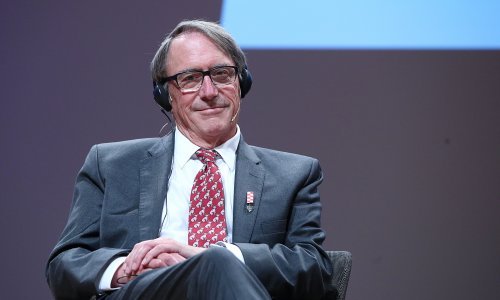Prosecutors of the U.N. war crimes tribunal in The Hague said on Thursday at the trial of the former Bosnian Serb commander Ratko Mladic that they would prove Mladic's responsibility for the 1995 genocide in Srebrenica where thousands of Muslim men were killed in a period of several days.
That was and will always be genocide, prosecutor Peter McCloskey said, adding that apart from Mladic also responsible for the crimes in Srebrenica were his closest associates, including generals Zdravko Tolimir and Radislav Krstic, Milan Gvero and Ljubisa Beara.
Mladic was obsessed with the idea of annihilating Muslims, McCloskey said.
The prosecutor stressed that in a period of several days in July 1995, Bosnian Serb forces expelled the Muslim population from Srebrenica and killed over 7,000 Muslim men and boys, while women, children and the elderly ended up in refugee camps.
McCloskey said that Mladic not only commanded the forces that committed the crimes but was on the ground and personally involved in the crimes.
According to the evidence, Mladic was in the Srebrenica region from July 11 to 14, 1995 and after that he was in Belgrade from July 14 to 16, but he maintained full control over his forces while in Belgrade.
McCloskey said the killing continued even after 17 July and by November 1995 there was no Muslim population left in the area. So far, the bodies of 5,977 victims have been exhumed from mass graves and most of them have been identified, the prosecutor said.
The prosecution announced 11 survivors of the Srebrenica genocide would testify in the trial, as would Serb soldiers who took part in the slaughter and buried the dead, including Drazen Erdemovic who has confessed to those crimes and already served his sentence.
McCloskey said that only an army under the strong control of the military leadership could have killed over seven thousand people in four days, showing incredible discipline, organisation and efficiency.
After the opening statement by the prosecution, the ICTY postponed indefinitely the introduction of first prosecutorial witnesses, which was originally scheduled for 29 May.


































